







Read More
The Master of Arts in English program offers a comprehensive and advanced study of literature and language, providing students with a profound understanding of literary works, linguistic structures, and cultural contexts. The curriculum emphasizes critical analysis, research proficiency, and effective communication skills, equipping students with the tools needed for scholarly excellence. With a focus on intellectual independence and global awareness, graduates emerge as leaders in literary and academic communities.Whether pursuing careers in academia, publishing, or diverse professional fields, students graduate with applied knowledge, transferable skills, and a deep appreciation for the rich heritage of English literature.
Year wise Course Details
Courses for this semester
This course delves into the rich tapestry of English literature from the Renaissance to the Victorian era, examining key texts that explore the evolution of thought and expression. Students will engage with seminal essays by figures such as Sir Francis Bacon, John Milton, and T.S. Eliot, focusing on themes of truth, culture, and individualism.
This course examines major works from the Middle Ages to the Romantic period, including Chaucer's The Canterbury Tales, Spenser's The Faerie Queene, and selected sonnets by Shakespeare and Sir Philip Sidney. We will explore John Donne’s metaphysical poetry, Andrew Marvell's "To His Coy Mistress," and Alexander Pope's satirical Epistle to Dr. Arbuthnot. The course also includes Milton's Paradise Lost, Blake's contrasting poems, and the Romantic reflections of Wordsworth, Keats, and Shelley on nature and human emotion.
This co-curricular course for MA English students is designed to enhance critical thinking, communication, and research skills through interactive activities beyond the traditional curriculum. Students will engage in workshops, literary debates, and creative projects that complement their academic studies.
This course provides a comprehensive and comprehensible account of major and minor trends in language teaching methods from the beginning of the twentieth century to the present. It aims to familiarize students with different approaches and methods of teaching English in a variety of contexts. It discusses these approaches and methods with particular reference to teaching English in multilingual contexts like India and Assam to enrich their professional knowledge. This course prepares students to select appropriate instructional practices and take informed decisions for teaching English effectively in their immediate teaching contexts.
This course provides a comprehensive survey of English literature from Old English through the Romantic Period, covering major works, genres, and movements. Students will examine how literature reflects and shapes cultural, political, and intellectual shifts across eras.
This course explores the works of four prominent playwrights from the Elizabethan and Jacobean eras, focusing on themes of power, tragedy, and human ambition. Christopher Marlowe's The Jew of Malta examines religious hypocrisy and greed, while Shakespeare's King Lear delves into familial betrayal and the descent into madness. Thomas Kyd's The Spanish Tragedy introduces the revenge tragedy genre, blending justice with violence. Finally, Ben Jonson's The Alchemist offers a satirical look at deception and social aspiration through the lens of alchemy and opportunism.
This course offers a comprehensive overview of literary forms and genres, tracing their evolution from classical to contemporary periods. Through close readings and critical analysis, students will explore major genres in poetry, drama, and prose, examining foundational texts and key literary techniques.
Courses for this semester
This course explores pivotal biographical and critical writings, showcasing diverse perspectives on literature, culture, and history. Texts include Samuel Johnson's critique of Milton, Rousseau's reflections on his childhood, Nehru's historical letters, Sealy’s travel memoir, and T.S. Eliot’s essay on Hamlet. Together, these works offer a rich introduction to personal narrative and literary criticism across eras.
This Community Service course for MA English students integrates academic learning with meaningful social engagement. Students will apply their communication, critical thinking, and organizational skills to serve local communities, participating in activities such as literacy programs, cultural events, and educational outreach.
This Co-curricular course offers students opportunities to enhance their academic learning through extracurricular activities, fostering skills in leadership, teamwork, creativity, and personal development.
This course explores the foundation of human values, focusing on self-exploration as a means to understand aspirations of continuous happiness and prosperity. It emphasizes the interrelation of right understanding, relationships, and physical facilities for a harmonious existence at individual, family, societal, and universal levels. Through case studies and practice sessions, it delves into ethical human conduct, professional ethics, and the role of sustainable practices for societal transformation. Ultimately, the course guides learners to envision and contribute to a holistic and universal human order.
This course explores key works in modern drama, examining the themes, characters, and social critiques presented by prominent playwrights from the late 19th to the mid-20th century. Beginning with Henrik Ibsen’s A Doll’s House, the course delves into the evolution of theatrical realism and its shift toward existential and absurdist perspectives, as seen in works by Shaw, Pinter, Wesker, and Stoppard.
This course offers a comprehensive study of significant poetic works from the Victorian era to the modernist and postmodernist periods, focusing on themes of identity, mortality, faith, and nature. Through poets such as Tennyson, Browning, Rossetti, Eliot, Yeats, and Plath, students will examine evolving literary styles and techniques, including dramatic monologue, imagism, and confessional poetry.
This course introduces students to key works in Indian English literature, spanning poetry, drama, fiction, autobiography, and travel writing. Through writers like Ezekiel, Das, Karnad, Lahiri, Gandhi, and Ghosh, the course explores themes of identity, tradition, and cultural memory. Students will engage in diverse literary forms to understand the unique voices and perspectives that shape contemporary Indian literary expression.
The Post Graduate Practice Teaching course is designed to equip future educators with essential teaching methodologies, classroom management skills, and lesson-planning strategies for effective educational practice. Through a combination of theoretical study and hands-on classroom experience, students will engage in lesson development, deliver practice lessons, and receive constructive feedback to refine their teaching approach.
This course provides a chronological study of English literature from the Victorian Age through to the Postmodern Era, highlighting key literary movements, authors, and texts within each period. Beginning with the social critiques of the Victorian era and progressing through Edwardian realism, Modernist experimentation, and Postmodern innovation, students will explore how historical contexts shaped literary forms, themes, and styles.
Courses for this semester
This course provides a comprehensive exploration of classic novels from the 18th to the 20th century, examining the evolution of prose fiction in English literature. Through selected works of prominent authors like Richardson, Austen, Hardy, Joyce, and Orwell, students will analyze themes, characterization, narrative techniques, and the socio-political contexts that shaped these literary masterpieces.
This course traces the progression of literary criticism from classical to modern times, beginning with foundational texts by Plato, Aristotle, and Longinus. Moving through the Renaissance to Victorian and 20th-century critics like Sidney, Coleridge, and Woolf, students engage with key ideas that shaped literary thought. The course also explores modern theories such as structuralism, psychoanalysis, and deconstruction, featuring Saussure, Lacan, and Derrida. Core concepts, including feminism, postcolonialism, and cultural materialism, equip students with interpretative tools for critical literary analysis.
This course explores significant works of prose fiction, essays, and non-fiction from American authors, spanning various time periods and literary movements. Students will engage with key texts that reflect the cultural, social, and political dynamics of America, from early colonial literature to modern and contemporary writings. The course will focus on the development of the American voice, examining themes such as identity, freedom, race, gender, and the American Dream.
This course offers an in-depth exploration of influential American poets and their works, spanning from the early colonial period to contemporary poetry. Students will analyze the evolution of American poetry, focusing on diverse poetic forms, themes, and stylistic innovations. The course will examine the intersection of poetry with American identity, history, culture, and social issues, with particular attention to how poets engage with themes of race, gender, nature, and the American experience.
This course delves into key works of American fiction, focusing on novels, short stories, and narrative traditions from the 19th century to the present. Students will explore the evolution of American fiction in relation to cultural, historical, and social developments, analyzing how themes such as the American Dream, race, identity, and societal norms are represented. The course will also emphasize narrative techniques, character development, and the exploration of the American experience through diverse voices and literary movements.
This course offers a foundational exploration of language, its structure, and the scientific study of linguistic phenomena. Students will be introduced to key concepts in linguistics, such as phonetics, phonology, morphology, syntax, semantics, and pragmatics. The course will also touch on sociolinguistics, psycholinguistics, and the relationship between language and culture.
This course provides an in-depth introduction to the sounds of human language, focusing on both the physical production and the abstract representation of speech sounds. Phonetics covers speech sounds' articulation, acoustics, and auditory perception, while phonology examines how these sounds function and are organized in particular languages. The course explores the distinction between phonemes and allophones, phonological rules, and the relationships between sound systems across languages.
The Sociolinguistics course explores the relationship between language and society, examining how language varies and functions in different social contexts. Students will study key sociolinguistic concepts such as dialects, sociolects, language variation, language attitudes, multilingualism, and language change. The course will also focus on the role of language in shaping identity, power dynamics, and social inequalities, as well as how language reflects and influences social factors such as class, gender, ethnicity, and region.
This course explores prose works that emerge from and respond to the experience of colonialism and its aftermath. It examines how authors from formerly colonized nations articulate their histories, identities, and cultural perspectives through novels, essays, and autobiographical narratives. Key themes include identity, resistance, hybridity, displacement, and the enduring impact of colonialism on contemporary societies.
This course delves into the rich and varied tradition of postcolonial poetry, highlighting how poets from colonized and formerly colonized nations use verse to express resistance, reclaim identity, and reimagine histories. Students will explore themes such as cultural hybridity, displacement, nationalism, and the enduring impact of colonialism. By analyzing poetic forms, language, and symbolism, the course seeks to uncover how poets use the art of language to challenge colonial legacies and celebrate cultural diversity.
This course examines fictional narratives from postcolonial perspectives, focusing on how novels and short stories address the socio-political, cultural, and historical dimensions of colonial and postcolonial experiences. Students will explore how authors interrogate issues of identity, power, resistance, and belonging while reclaiming suppressed histories and cultural voices. Emphasis will be placed on diverse narrative forms and techniques that redefine the relationship between the colonized and the colonizer, fostering a critical understanding of the global implications of colonialism.
Courses for this semester
This course examines the intersections of gender, culture, and literature, exploring how literary texts reflect, construct, and challenge gender norms and identities. Students will engage with feminist theory, queer studies, and intersectionality to analyze diverse works of literature across genres and historical periods. The course emphasizes how literature serves as a powerful medium for questioning societal structures, amplifying marginalized voices, and envisioning more inclusive futures. Through critical reading and discussion, students will deepen their understanding of how gender shapes and is shaped by literature and broader cultural contexts.
This course provides an in-depth exploration of American literary traditions, spanning key movements, genres, and historical periods. From early colonial writings to contemporary works, the course examines how American authors have reflected and shaped the nation's cultural, social, and political landscapes. Major themes include identity, individualism, freedom, race, and the American Dream. Students will engage with diverse voices, including those from marginalized communities, to understand the evolving narrative of America through its literature.
This course explores the global crisis of language endangerment, examining the causes, consequences, and strategies for revitalizing endangered languages. Students will investigate the social, political, and cultural factors leading to language loss and the significance of linguistic diversity for humanity. The course emphasizes practical approaches to documentation and revitalization, including community engagement, technology, and education.
This advanced course delves into the rich and diverse tradition of Indian Writing in English, focusing on its evolution, thematic depth, and stylistic innovations. Students will engage with works that explore India’s socio-political landscapes, cultural diversity, historical transitions, and contemporary realities. The course emphasizes critical reading of prose, poetry, and drama by prominent Indian authors while addressing themes such as colonialism, nationalism, identity, globalization, and diaspora. It aims to foster an in-depth understanding of how Indian English literature negotiates between tradition and modernity.

CST- Common scholarship test is a national and international level online MCQ based examination funded for intellectual empowerment by Assam down town University.
CST- Maximum enrolment each year is 120 seats and any 10+2 students can apply. Adtu is northeast India’s first placement driven university to provide 100% scholarship benefits worth 10 cr.
CST aims to inspire brilliant and competent students to pursue further education. Accredited with a prestigious grade by NAAC, UGC and AICTE.
Explore more scholarships that can help you reach out your goal with financial aid.
This scholarship is valid on the basis of the board/university examination
| 95% & above | 100% Scholarship on all semester |
| 90%-94.9% | 50% Scholarship on all semester |
| 80%-89.9% | 25% Scholarship on all semester |
This scholarship is valid on the basis of the board/university exam
| National & International Level | 100% Scholarship on all semester |
| State Level | 50% Scholarship on all semester |
| District Level | 25% Scholarship on all semester |
This scholarship is valid on the basis of the board/university exam
| National & International Level | 100% Scholarship on all semester |
| State Level | 50% Scholarship on all semester |
| District Level & NCC Certificate Holder | 25% Scholarship on all semester |
Discover a multitude of world-class amenities and cutting-edge resources at Assam down town University, enhancing your academic journey to new heights.
The Start-Up & Incubation Centre at Assam down town University provides a supportive environment for young entrepreneurs to develop and grow their business ideas. The center provides mentorship, funding, and networking opportunities to help innovative ideas become successful businesses.
SFURTI scheme to support rural entrepreneurs and innovators, an initiative by the Ministry of MSME
TIDE 2.0 scheme for ICT-based startups which provides a grant of Rs. 4L and Rs. 7L under EiR and Grant categories respectively, an initiative by the Ministry of MeitY.
dtVL Ideation, an incubation program for early-stage entrepreneurs with a market-ready solution/product, offering interest-free loans up to Rs. 2 lakhs.
Sprout UP, an incubation program for students, faculties, and researchers with innovative business ideas, prototypes, or technology solutions.
.jpg)



























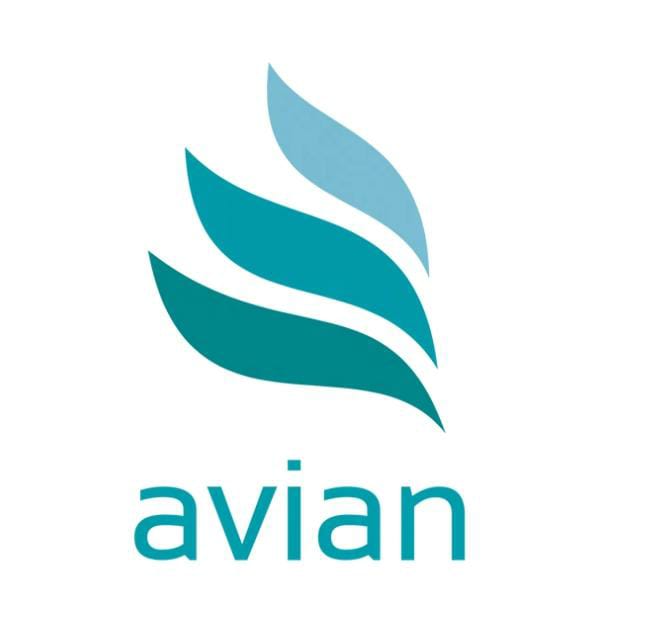


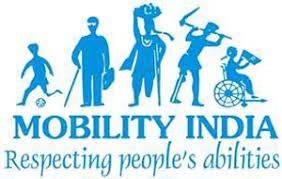
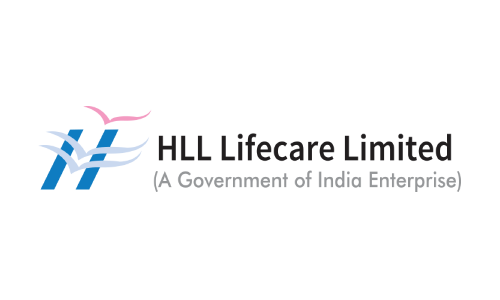
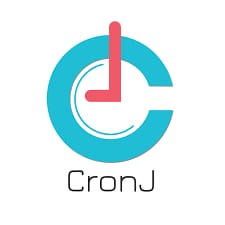





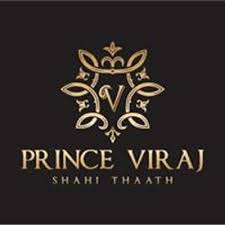

![24[7].ai 24[7].ai](https://adtu.in/files/247ai.jpg)
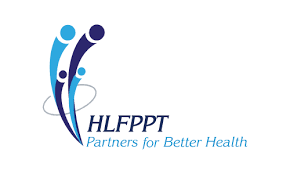


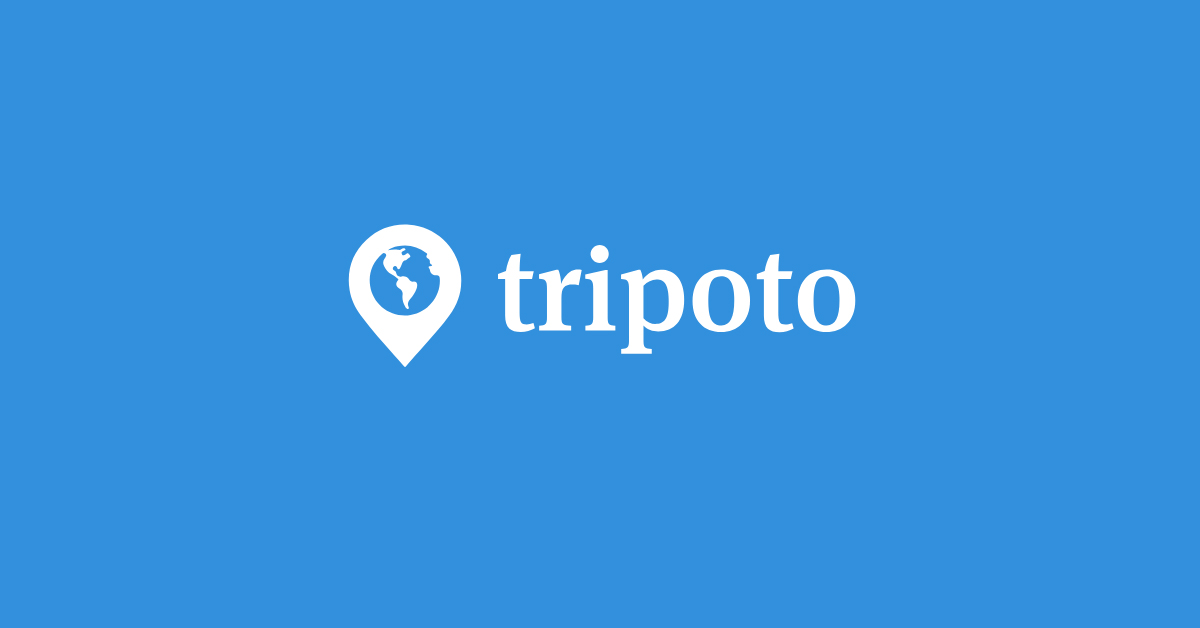


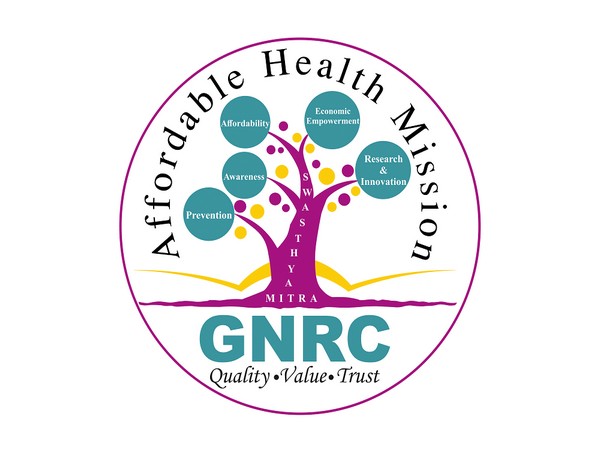
.png)
"I am a BBA student of 3rd semester. I hail from Bhutan. I vow that I am having a great experience i...
"AdtU is amazing. I am a BBA student of 2019-22 batch and I am just grateful for the amount of oppor...
Let us be grateful to the people and place who makes us happy. They are the charming gardeners whom ...
Currently I am pursuing MBA in Assam Down Town University. MBA is the professional course through wh...
AdtU is a university that focuses on giving knowledge, education and simultaneously making the stude...
The Assam downtown University has been a great learning experience. The university has provided me w...
My experience with AdtU has been splendid one indeed. Little needs to said about its scenic infrastr...
As a student I am very glad that I have got an opportunity to study here in Assam downtown universi...
My name is Sakhyajit Roy. I?m from Tripura. I joined the university on Auguest, 2017 as a student of...
I share immense pleasure to share my post graduate program experience in Assam down town University....
AdtU is a platform where I got golden opportunities to feed my zeal for knowledge through the dynami...
I am fortunate to get an opportunity to study here in Assam Downtown University. The best thing abou...
Our university is one of the best place for developing ourselves in the field of research and acedem...
ADTU is a university that is very good interms of infrastructure, academics and placements. Our tea...
It is one of best private colleges in North East India, it also provides a good environment for ed...
ADTU is a good University which provides the students with best quality lectures and ensures comfort...
The environment of Assam downtown university is very pleasant.The department of BMLT is very good a...
The university has all the necessary facilities and amenities for students . The classrooms and the ...
Assam downtown University is well recognised all over india. In the ongoing pandemic situation it ha...








